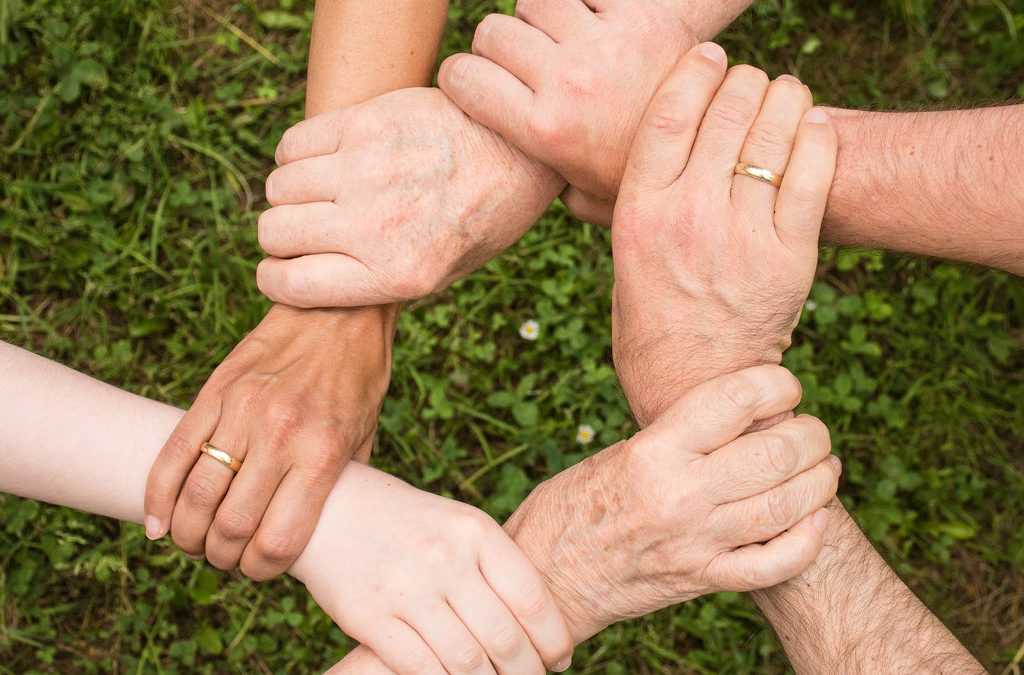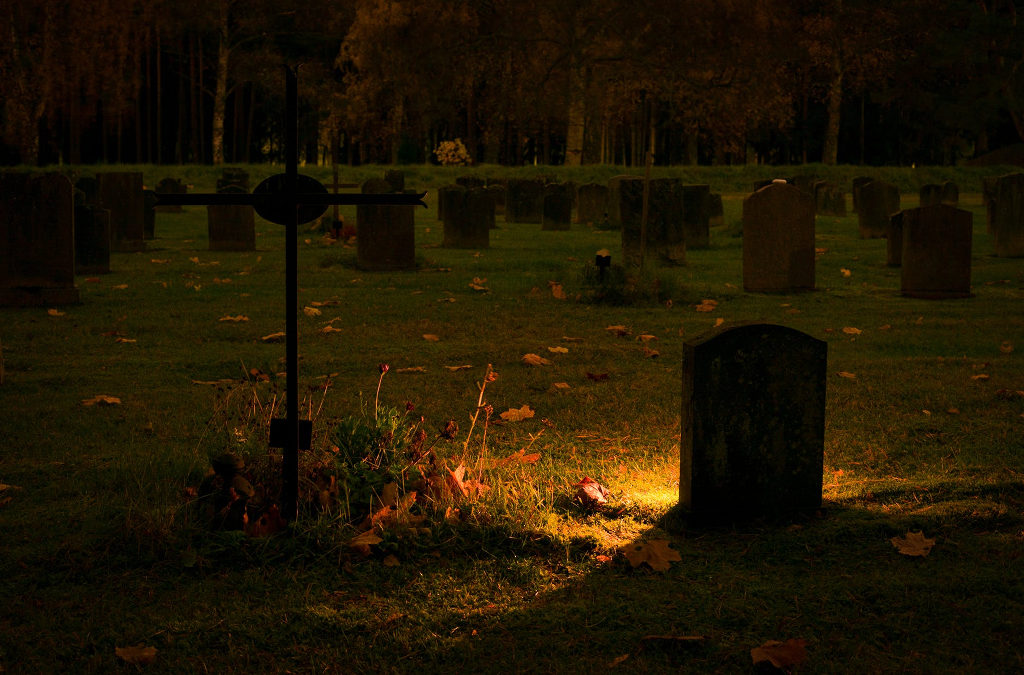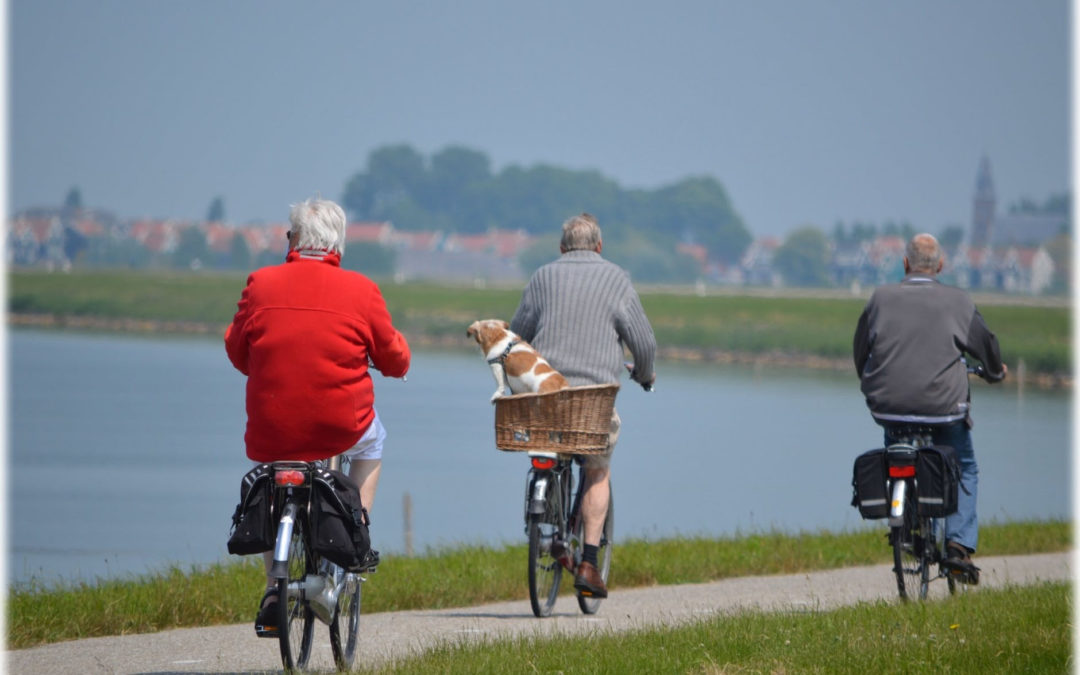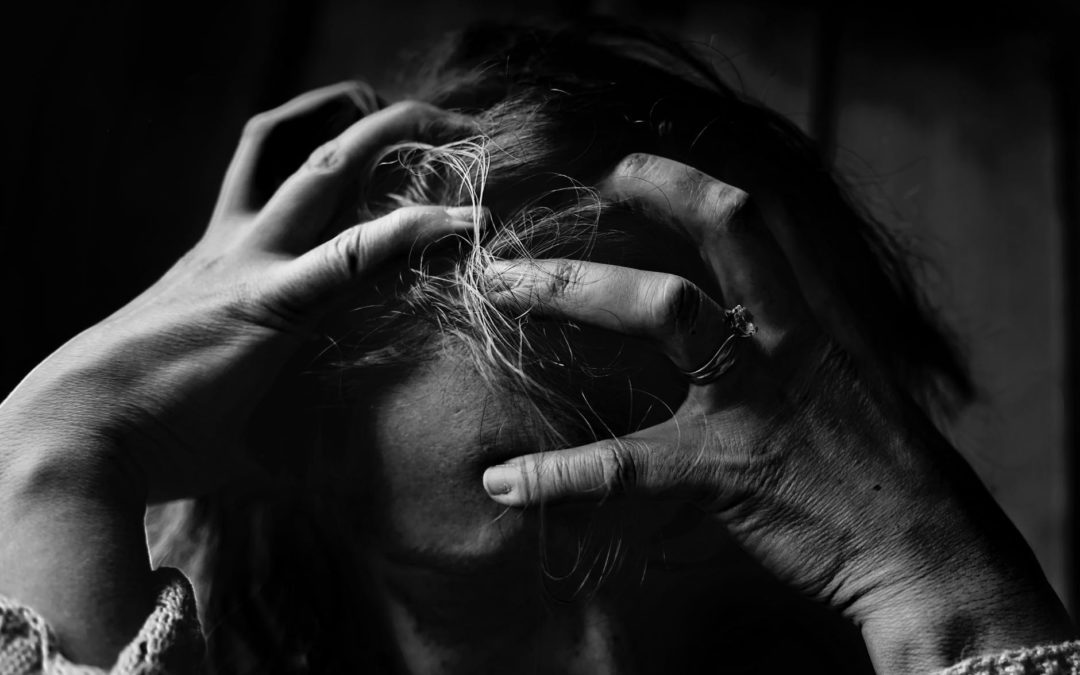
by Marilín Pino | 26 \26\America/Caracas August 2018 | News
It is natural to die. It’s part of life. Understanding it is difficult, hard and sad. However, it is the reality: we live to die someday. Given this irremediable fact it is important to be realistic, because it is the only way to understand what happens when a loved one dies.

by Marilín Pino | 19 \19\America/Caracas August 2018 | News
When a death occurs each family, member expresses pain and grieves in a particular way. They may not communicate with each other as they used to due to the event. However, communication is fundamental to recover harmony in the environment and overcome death.

by Marilín Pino | 12 \12\America/Caracas August 2018 | News
The habit of watching over those who have died goes back to medieval times. At that time the relatives used to keep the body for an average of three days at home, without the anti-decomposition preparation we know today.

by Marilín Pino | 5 \05\America/Caracas August 2018 | News
The non-professional caregiver is usually a family member of the person who is in a hospital or at home, and whose condition will not improve. The caregiver knows that the loved one will die at some point.

by Marilín Pino | 29 \29\America/Caracas July 2018 | News
Grief is a period during which the mourners accept death, recognize that it is an inevitable process and that the deceased won’t return.

by Marilín Pino | 22 \22\America/Caracas July 2018 | News
When a person dies away from her country of origin, relatives can request the repatriation of her body or ashes. It consists of the transfer through the relevant permits granted by the authorities of the country where the event occurred.






